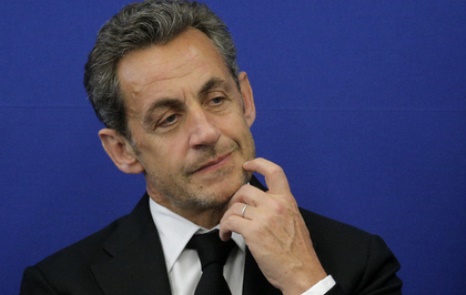The step, which often but not always leads to trial, is a major setback to Sarkozy`s hopes of a comeback after his 2012 election defeat by Socialist rival Francois Hollande. The conservative politician denies all wrongdoing in a string of investigations in which he is either directly or indirectly implicated.
Investigating magistrates are looking to see whether Sarkozy used his influence to secure leaked details of an inquiry into alleged irregularities in his victorious 2007 election campaign. He is suspected of influence peddling, corruption and benefiting from "the breach of professional secrets," the prosecutor`s office said.
Sarkozy, 59, was held in police custody in the Paris suburb of Nanterre for nearly 15 hours before being transferred to a Paris court, where he met with investigating magistrates. He was released around midnight GMT.
Sarkozy`s attorney and a judge involved in the case were similarly placed under formal investigation on suspicion of influence peddling, their attorneys said.
"These events only rely on phone taps ... whose legal basis will be strongly contested," said Paul-Albert Iweins, the attorney for Sarkozy`s attorney, Thierry Herzog.
"There`s not a lot in this dossier, since none of the material elements of what I`ve seen, and what we could contest, support the accusations," he said.
Placing a suspect under formal investigation means there exists "serious or consistent evidence" pointing to probable implication of a suspect in a crime.
Influence-peddling can be punished by up to five years in prison and a fine of 500,000 euros ($682,000).
It was the second time the ex-president, who lost presidential immunity from legal prosecution a month after he left office in June 2012, was placed under such a judicial probe. The first occurred in 2013 but magistrates later dropped the case against him.
There are six legal cases, including this one, hanging over the ex-president`s head, a shadow that many in his UMP party believe compromises his ability to lead a comeback in 2017.
More about:
















































